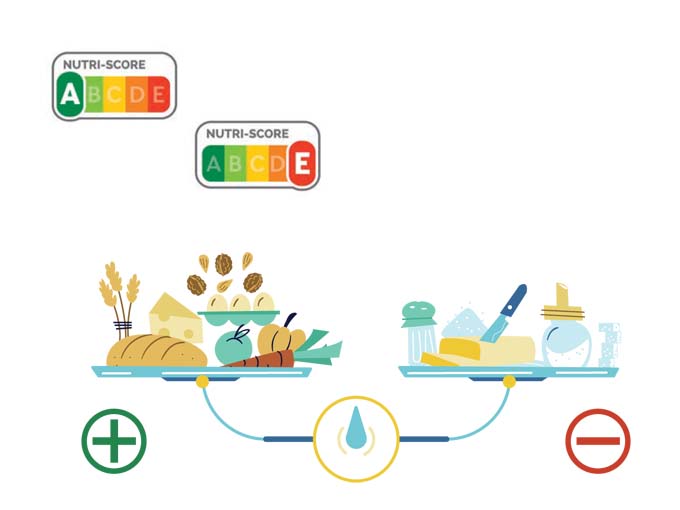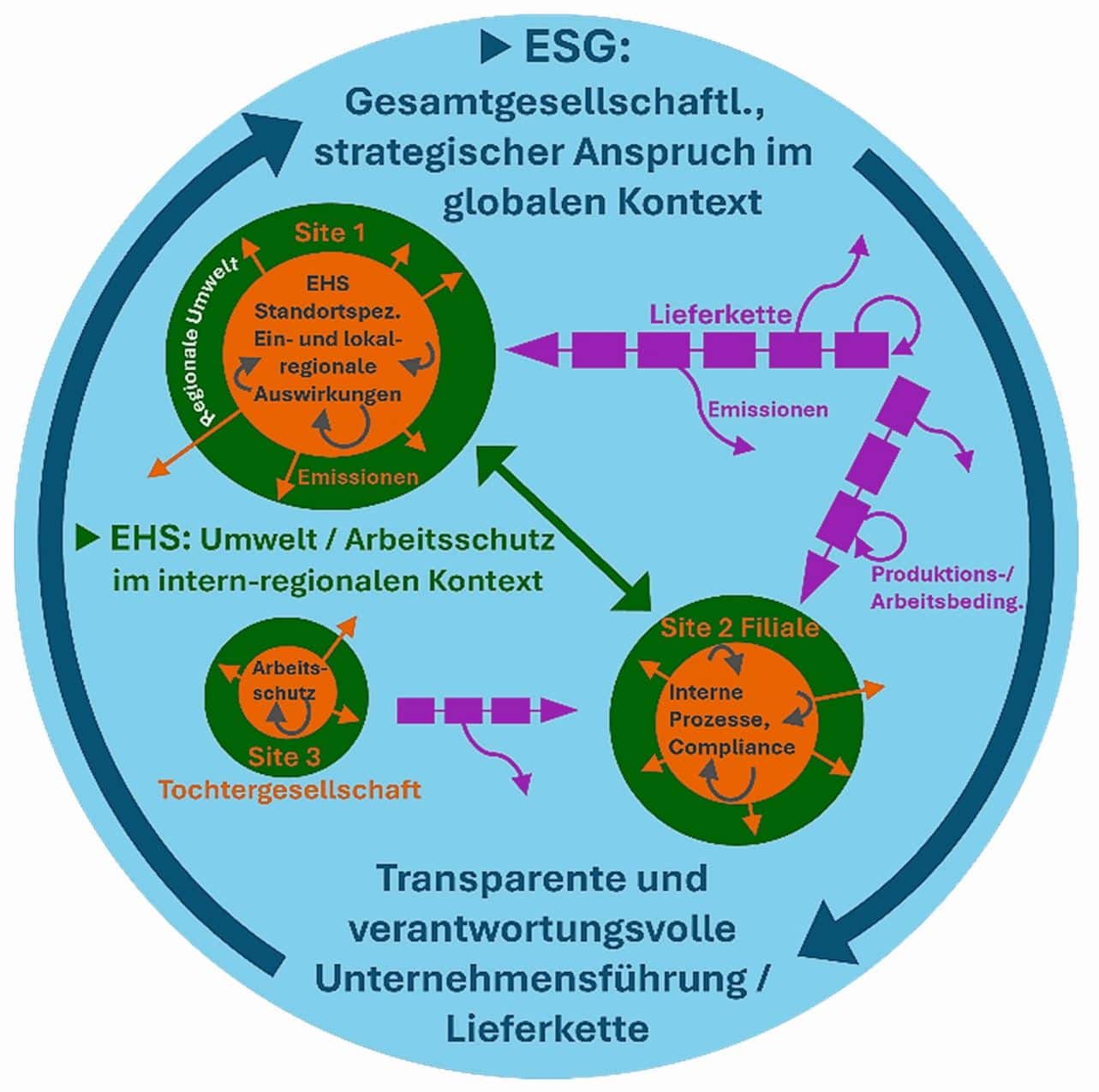Nutri-Score: More information should ensure better understanding
With the Nutri-Score, which was originally developed in France, producers can voluntarily label their food. The label shows how well-balanced a product is on a scale from A to E. The Nutri-Score allows similar foods to be compared at a glance. With the Nutri-Score, similar foods can be compared at a glance. The Swiss Federal Food Safety and Veterinary Office (FSVO) has adopted 2019 [...]

Making Nutri-Score better known
The round table at the general meeting of the Swiss Society for Nutrition SBU was moderated by Ursula Zybach, President of Public Health Switzerland. The participants formed a prominent panel: With Liliane Bruggman, Head of the Nutrition Department at BLV, Josianne Walpen, Nutrition Department at Consumer Protection, Stéphanie Collier, Nutrition & Sensory Evaluation Manager at Nestlé Switzerland, Annina Waser, Head of Nutrition & Health at Migros and Annette Matzke, Member of the Food Labelling Working Group at the Alliance Nutrition and Health, all stakeholders were invited to the round table. Liliane Bruggmann explained that the second phase of dissemination and education on the Nutri-Score is currently underway. The aim is to make it known and to promote understanding and competence for the NutriScore among the population. Annina Waser assumed in her comments that it is important that consumers actively demand this labeling on the products in order to spread it further and to introduce it more quickly into the market.More understanding at all levels
Josiane Walpen then addressed another important topic. She explained that Consumer Protection, the Fédération romande des consommateurs and Associazione consumatrici e consumatori della Svizzera italiana have investigated children's products in this context. They found that numerous marketing tricks are used to promote these often unhealthy products. The Nutri-Score could help consumers to better assess these products. Annette Matzke has a similar view of convenience products. She went on to explain that individual companies are afraid to publish the Nutri-Score on their packaging because it makes their products look worse. More understanding and education about the Nutri-Score is needed at all levels, both for consumers and on the part of the industry. The participants of the discussion round agreed that the SBU is the mouthpiece to reach the population via the multipliers and then to disseminate information about the Nutri-Score adapted to the target group. Source: SBU. More information about the Nutri-Score: BLVThis article originally appeared on m-q.ch - https://www.m-q.ch/de/nutri-score-mehr-information-soll-fuer-besseres-verstaendnis-sorgen/









